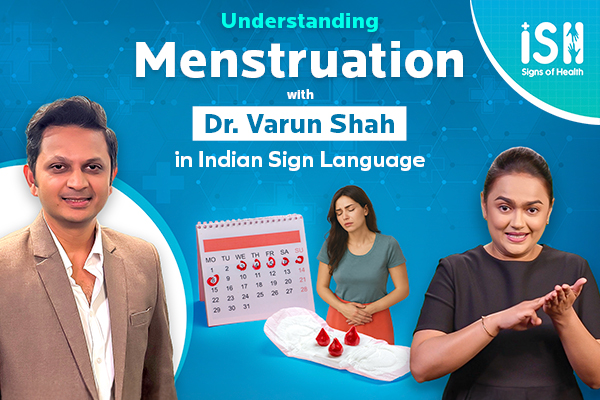Never Click These WhatsApp and SMS
WhatsApp and SMS scams in India trick people with fake prize claims, job offers, bank alerts, and subscription updates, leading to financial theft and identity compromise.
Nowadays people largely use SMS & WhatsApp to scam people in different ways. Often, the scammer aims to either hack our phones or steal money by encouraging us to click on the link they’ve shared. There have been many popular scams on WhatsApp. You may remember the ISH video on ‘Scam on WhatsApp Promising Free Laptops,’ ‘New Scam Alert: WhatsApp Calls from International Numbers’ and ‘WhatsApp Discovers “Attack” on Phone.
https://www.youtube.com/watch?v=ptR2k_2iqXQ
https://www.youtube.com/watch?v=d1IF1SezqBc
https://www.youtube.com/watch?v=h6cNLREdF4I
https://www.youtube.com/watch?v=YzPqVqrzgpA
https://www.youtube.com/watch?v=uP2LtFvgoDw
According to security company McAfee’s latest Global Scam Message study, an average Indian receives 12 fake messages or scams each day through text messages, emails & social media DMs. The report claims that 82% of Indians have fallen victim to messaging scams. It also warned smartphone users & shared the following list of fake messages that scammers & hackers send on WhatsApp & SMS:
1. “You’ve won a prize!”
This is the most common scam message. Scammers get the victims excited by telling them that they’ve won a prize, award, lottery, or cash reward.They get the victims to share their personal details like address, bank information, Aadhar & PAN card numbers, etc.They sometimes also demand the victim to pay a ‘processing fee’ to transfer the winning money.
2. Fake job notifications & offers
The Scammers send highly attractive job opportunities or high-paying job offers with minimum to no experience & education requirements. They then use the victim’s personal details for identity theft or to move illicit funds through their bank account. Remember, job offers never come via WhatsApp or SMS as no professional company will approach you on these platforms.
3. Bank Alert messages with URLs or links
Bank alert messages informing unusual transactions, completion of KYC details, or checking of the balance via a URL/link are often done by scammers to steal your money. Opening these links can also lead to the auto-downloading of virus or malware software & compromising your device’s privacy & security.
4. Information about a purchase that you didn't make
Scammers often send updates of online purchases that you never made. These messages ask the victims to verify, track, or cancel their orders by clicking on a link. Clicking on the link can direct you to sensitive content, dodgy websites & even lead to identity theft.
5. Netflix or similar OTT subscription update
This is the scammers’ latest trick. Scammers take advantage of the growing OTT demand and send free or low subscription offer messages to people. Most people with the greed to gain free or cheap subscriptions end up disclosing credit cards, debit cards, UPI details & OTPs. This results in scammers emptying the victim’s bank account.
6. Fake missed delivery or delivery problem notification
With this trick, scammers send a message about a failed delivery of a package addressed to you. They ask for a small fee for the arrangement of redelivery. To get the package that they didn’t order at the small price of the delivery fee, most people end up sharing not only their bank details but their home addresses too.
7. Amazon security alert & account update
Increased online shopping is being used as an opportunity by scammers. They send messages telling people that their Amazon account has been hacked or that they need to refill their bank details due to security updates. Scammers then use the victim’s bank details to steal money from their accounts. Amazon has taken this scam seriously and has issued multiple guidelines on how to identify if the message is from Amazon itself. So, as you can see, most of the time, scammers use our own greed as bait to rob us. Therefore, the next time you get any such messages or a message from your ex, do not click on them.







